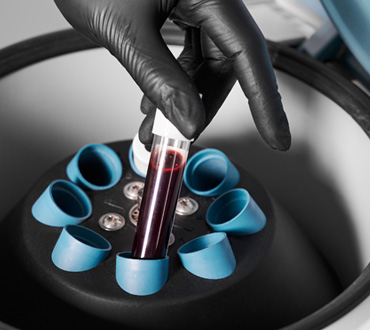Services
Research sectors in which we are recently working now
Comparative Genomic Analysis
Analyzing and comparing genetic material across different species or populations to identify similarities, differences, and evolutionary relationships.
Metagenomics Data Analysis
Studying genetic material recovered directly from environmental samples, such as soil, water, or microbiomes, to understand microbial communities.
RNA-Seq Analysis
Analyzing RNA sequences to assess gene expression, alternative splicing, and other transcriptomic features.
Cancer Genomics Data Analysis
Analyzing genetic data from cancer patients to identify mutations, biomarkers, and therapeutic targets.
Drug Design with Machine Learning Integration
Using machine learning algorithms to predict and design effective drug molecules, improving the drug discovery process.
Peptide Design and Peptide-Based Drug Discovery
Designing peptides for therapeutic applications, including identifying novel drug candidates.
Machine Learning-Based Protein-Protein Interaction Prediction
Using machine learning to predict interactions between proteins, essential for understanding cellular processes.
NGS Data Analysis
Analyzing Next-Generation Sequencing (NGS) data for a wide range of applications, including whole-genome sequencing, exome sequencing, and targeted sequencing.
Others
Additional genomic and bioinformatics services, tailored to specific client needs.










